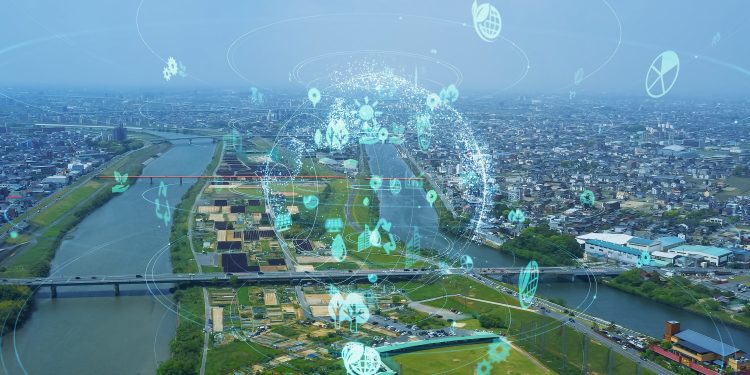search the site
Shipping decarbonization enhanced by book and claim registry

The Mærsk Mc-Kinney Møller Center for Zero Carbon Shipping (MMMCZCS) and RMI (formerly Rocky Mountain Institute) announced the launching of Katalist, a not-for-profit ‘book and claim’ registry designed to accelerate the shipping industry’s decarbonization journey.
The registry enables freight customers to receive transparent information about the savings they’ve obtained in a consistent, auditable format across multiple carriers. Katalist also sets strict criteria, ensuring every token booked on the registry corresponds to low-emission fuels used during a voyage.
Katalist was designed in partnership with the Energy Web Foundation using experience gained from the development of a range of chain-of-custody models, including the Sustainable Aviation Fuel Registry (SAFc), and extensive knowledge of shipping decarbonization.
Furthermore, over 25 organizations from across the maritime value chain have also contributed to the development and testing of the system and confirm the registry as a critical enabler within the shipping decarbonization ecosystem.
Book and claim is a chain-of-custody model that separates a product from its sustainability benefits and transfers them to another party through a registry. This enables customers to claim the environmental benefits of a product without physically receiving it.
As a result, cargo owners willing to pay a green premium for low emission maritime transport services can reliably use Katalist to achieve that goal, while ship operators using low emission fuels can use it to access a broader market of freight customers willing to pay an environmental supplement.
…said Bo Cerup-Simonsen, CEO, MMMCZCS.
Moreover, Katalist gives carriers access to a broad customer base and reduces the administrative burden of selling low emission transport.
In addition, it provides them the flexibility to bunker any available alternative fuel without concern for whether their freight customer will be willing to cover the cost.
Katalist has already attracted attention from cargo owners as the Zero Emission Maritime Buyers Alliance (ZEMBA) members will use Katalist to facilitate the claiming of sustainable marine fuel tokens generated through ZEMBA’s first tender in 2025 and 2026.
The platform demonstrates how a collaborative effort through the value chain can foster scalable, systemic change that favors long-term, sustainable decarbonization over temporary solutions.
…said Jon Creyts, CEO, RMI.
Regulations to reduce the carbon intensity of the marine industry are being introduced by both the European Union (EU) and the International Maritime Organization (IMO).
According to the statement, Katalist aims to accelerate this process by connecting shipping companies adopting lower emission fuels with cargo owners looking for more sustainable supply chains.
source : safety4sea


















